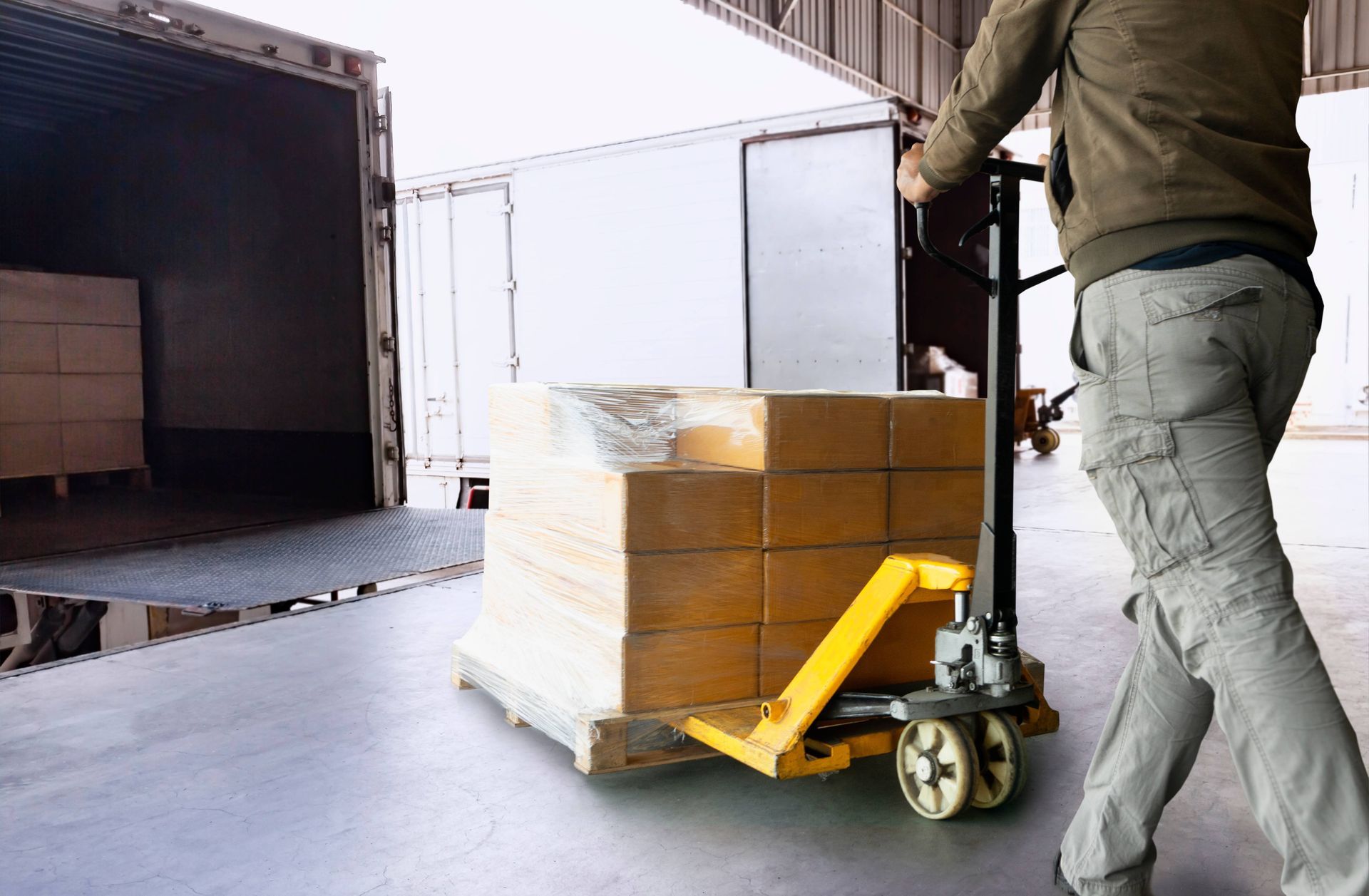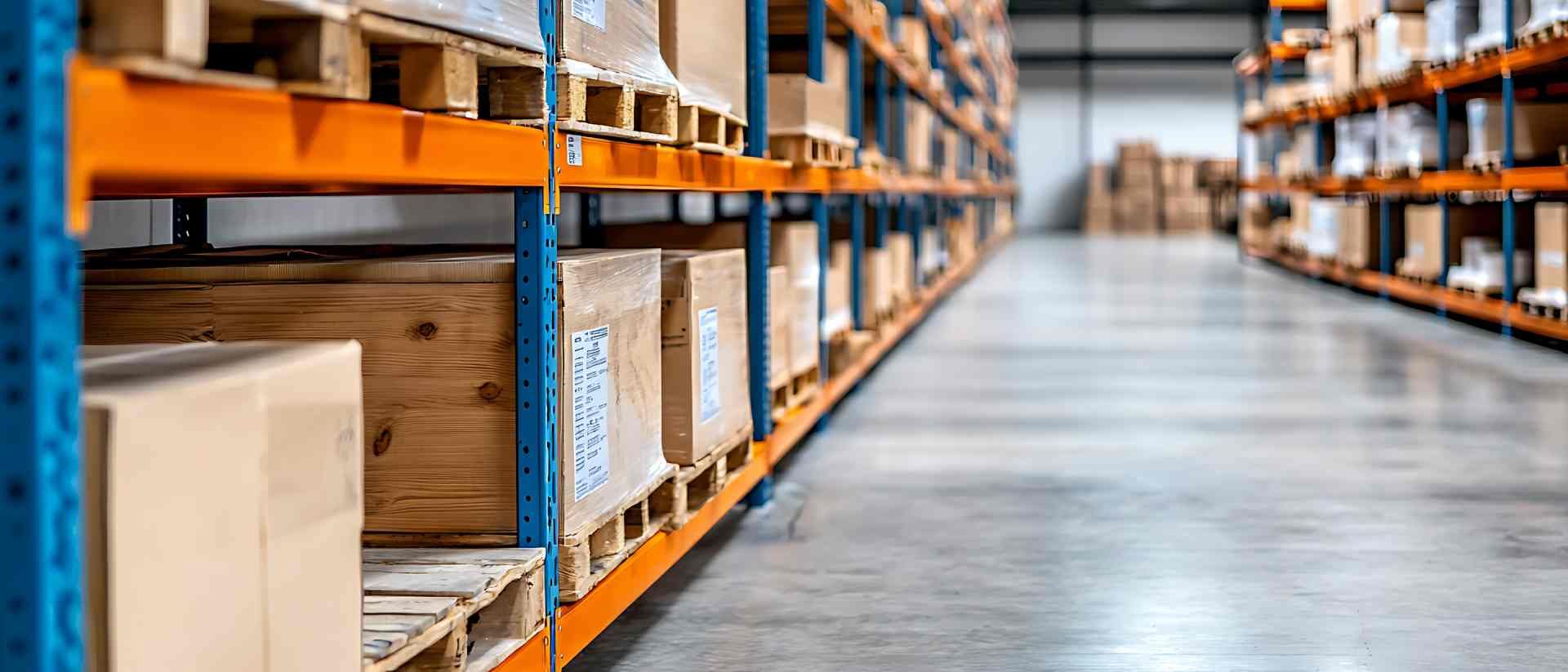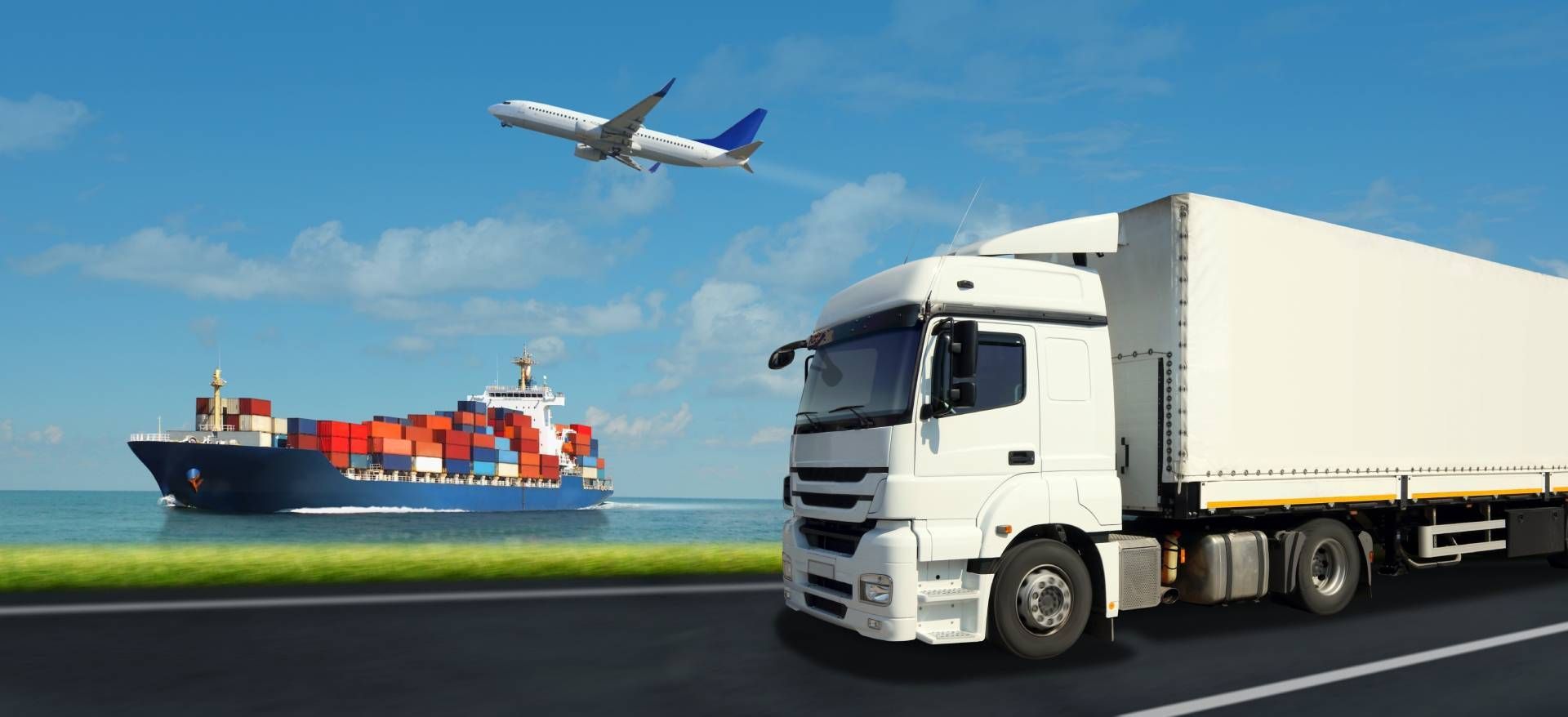A Beginners Guide to LTL Shipping
Are you new to the world of freight shipping? Do terms like LTL, FTL, and freight brokerage sound gibberish to you? Don't worry; we've got you covered! In this beginner's guide, we'll focus on LTL (Less Than Truckload) shipping and provide you with all the information you need to know to get started.
What is LTL Shipping?
LTL shipping is a method of transportation in which multiple smaller shipments from different customers are consolidated into a single trailer. Unlike FTL (Full Truckload) shipping, where one customer's goods occupy the entire truck, LTL shipping allows you to ship smaller quantities without paying for the entire truck space.
The Benefits of LTL Shipping
- Cost-Effective: LTL shipping helps you save money by sharing transportation costs with other customers. You only pay for your shipment's space, making it a cost-effective solution for small and medium-sized businesses.
- Flexibility: With LTL shipping, you have the flexibility to ship smaller quantities without the pressure of filling up an entire truck. This allows you to cater to the changing demands of your business and reduces the risk of overstocking or understocking.
- Reduced Damage Risk: LTL shipments are handled with care as they're typically loaded and unloaded multiple times throughout the journey. Freight carriers follow stringent safety protocols to ensure your goods are secure, reducing the risk of damage during transit.
- Increased Reach: LTL shipping opens up new markets for your business. Through freight networks, your shipments can reach regions that would otherwise be difficult to serve with FTL shipping. This widens your customer base and helps in expanding your business operations.
How Does LTL Shipping Work?
Understanding the process of LTL shipping can help you make informed decisions and optimally utilize this shipping method. Here's a step-by-step explanation:
- Freight Quote: Contact a reputable freight shipping company like C & S Transportation for a freight quote. Provide details such as your shipment's weight, dimensions, pickup, and delivery locations.
- Freight Pickup: Once you've finalized the quote, schedule a pickup with the freight carrier. Ensure your shipment is well-packaged and labeled correctly to avoid delays or damages.
- Shipment Consolidation: Your shipment will be taken to a terminal for consolidation after the pickup. LTL shipments from various customers at the terminal will be sorted, grouped, and loaded onto a trailer.
- Transit: The loaded trailer will then be transported to another terminal or hub, where shipments from different origins will be sorted again. This process continues until the shipment reaches the destination terminal.
- Final Delivery: Upon reaching the destination terminal, the shipment will be unloaded and sorted for final delivery. Depending on the agreement with the carrier, they may deliver the goods to the consignee's doorstep or have the consignee pick them up from their local terminal.
Important Factors to Consider
As a beginner to LTL shipping, it's crucial to understand a few key factors that can impact the efficiency and cost of your shipments:
- Freight Class: Every item you ship is assigned a freight class, which is determined based on density, value, and handling requirements. Accurately classifying your shipment helps in calculating the shipping costs correctly.
- Packaging: Proper packaging is essential to protect your goods during transit. Use appropriate padding, cushioning, and reinforcement to prevent any damage. Consider using pallets or crates for easier handling.
- Transit Time: LTL shipments typically take longer than FTL shipments due to the frequent stops and sorting process. Be sure to consider transit times when planning your shipments to avoid any delays in your supply chain.
- Insurance: Consider insuring your shipments to protect against any loss or damage during transit. Freight carriers provide basic liability coverage, but more is needed for high-value goods.
Conclusion
LTL shipping is an excellent option for businesses that need to ship smaller quantities of goods without breaking the bank. Its cost-effectiveness, flexibility, and wider reach make it a preferred choice for many companies. By understanding the LTL shipping process, considering important factors, and partnering with a reliable freight shipping company like C & S Transportation, you can navigate the world of LTL shipping with confidence and take your business to new heights.
If you’re looking for a reliable shipping company, look no further than C & S Transportation. Get in touch with us today to discuss your quote and get your freight where it needs to be.












